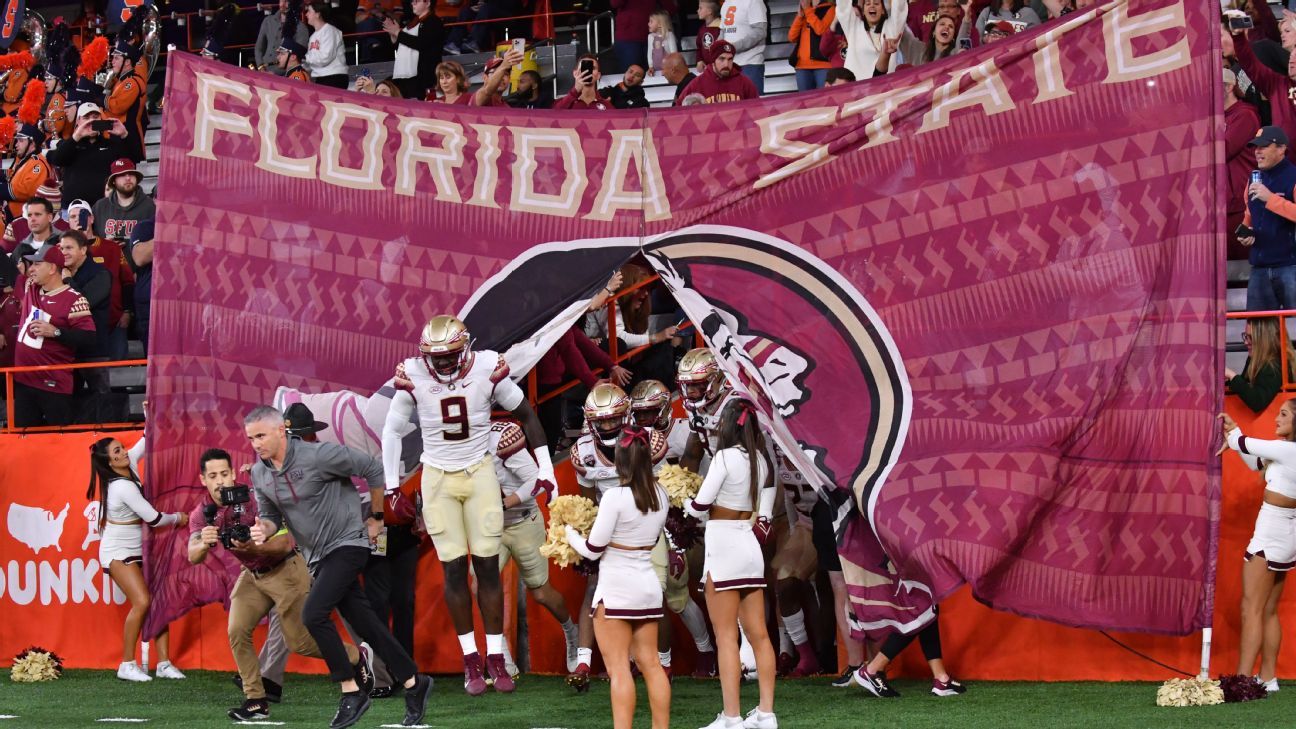It doesn't sound like anything happening any time soon (2-3 years) like I mentioned and uneven revenue distribution takes 2/3 approval, you don't think changing/dissolving the GOR will take that much at least. It's doing exactly what is was meant to do as in hold everyone together while it's in force or to near the end at least.
Excerpts from the article:
The league's agreement with its member schools requires an exit fee equal to three times annual revenue, or about $120 million. But the grant of rights could potentially prevent a team from earning TV revenue -- or possibly even broadcasting its games -- until the agreement expires. Phillips has frequently pointed at the plights of Texas, Oklahoma, USC and UCLA as examples of how difficult it would be for a team to exit its grant of rights. The Longhorns and Sooners were forced to wait three seasons after announcing their intent to join the SEC, and still will
pay $100 million to buy out the final year of their deal with the Big 12.
ACC schools have 13 years remaining on their deal.
Over the past two years, a number of schools have sent teams of lawyers to examine the official grant of rights document, either looking for a potential pathway out or assurances that the biggest brands can't leave without a serious fight.
As one administrator told ESPN, those reviews have established several potentially compelling arguments for breaking the agreement but have uncovered no obvious loophole that would provide a pathway out without engaging in protracted litigation.
"Is it worth the paper it's written on?" one AD said. "If one school starts to leave, then another, how strong is it? It would involve a major legal battle."
And as one athletic director pointed out, it would also require another conference to extend an invitation to join before knowing whether it would have rights to broadcast that team's games. It's a legal Catch-22.
But for all the bluster -- and at least one ACC athletic director considered Alford's comments little more than playing to his fan base -- the public statements were intended more as a warning than a threat.
Even the most seismic shifts in distribution don't exactly paint the picture of a financial windfall for power programs like Clemson and Florida State, however. Estimates shared by sources with knowledge of the discussions suggest a net shift of between $250,000 and $3 million annually -- "pocket change," as one AD called it -- leading some administrators to wonder if it's worth all the trouble.
With ACC powers Florida State and Clemson making more noise about a revenue gap with the SEC and Big Ten, realignment rumors are running rampant despite a long-term TV deal.

www.espn.com
